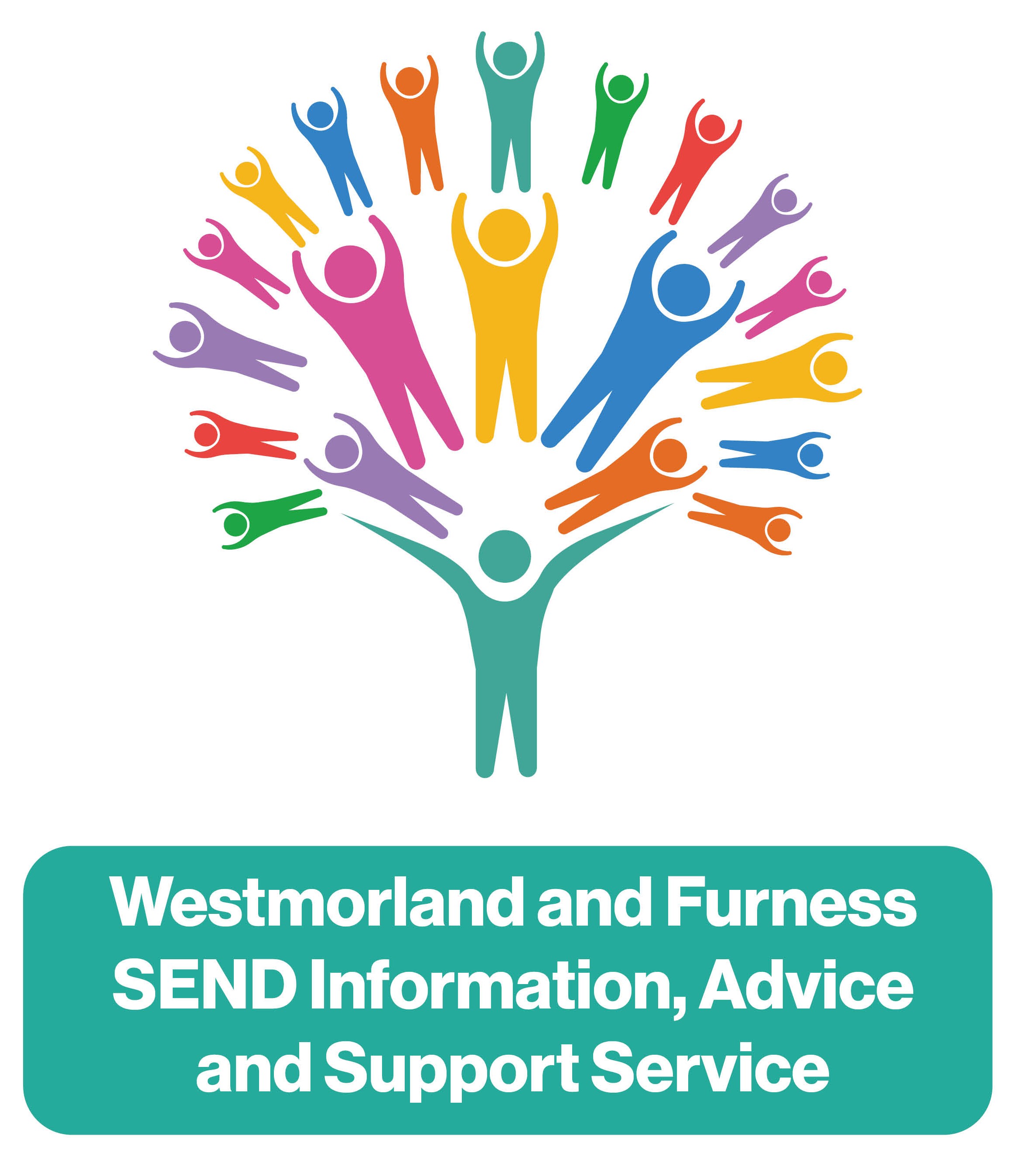Tribunal
This tribunal policy outlines how Westmorland and Furness Special Educational Needs and/or Disabilities Information, Advice and Support Service (SEND IASS) will support children/young people and parents at SEND Tribunal and Disability Discrimination appeals to Tribunal, setting out how the service will ensure that an appropriate level of support is provided to as many children and young people/parents as possible.
The SEND Code of Practice (CoP- 2.19) states that local SEND IAS services must support when things go wrong, including:
Supporting children, young people and parents in managing mediation, appeals to the First-tier Tribunal (Special Educational Needs and Disability), exclusions and complaints on matters related to SEN and disability.
However, support/representation at appeals and other complaint/mediation processes takes a significant amount of time, expertise, preparation and resources. We will therefore, tailor our support for families according to their needs.
Examples of the type of support we can offer are:
- Advice on practical considerations of mediation.
- Information on how to put together an appeal.
- Advice/support with putting together the case for appeal.
- Support at pre-hearing.
- Advice on draft reasons for appeal.
- Signposting to other IAS organisations.
These are examples only and we will look at each case on an individual basis, the need and level of support required will be assessed by the service. Factors we will consider include (but not exclusive to):.
- Capacity/additional needs of the child/young person and/or the parent.
- Capacity of the service.
- The impact on the case and the access to justice if no support is offered.
Support and representation at tribunal hearings
Our service will attend Tribunal hearings (team capacity allowing) in most cases to offer support, we can interject in the proceedings when it is required (for example, child/young person/parent needs reminding of a point or lose their way etc.).
This is different from representation where the Co-ordinator would present some, or all, of the service users' case if they were not in a position to do this. .
Co-ordinators are not lawyers and would only present the service users agreed case/words in circumstances where there are communication/competency or health/disability issues - essentially where access to justice would be a concern if the service user did not have the support of the Co-ordinator to present their case.
Young people
Young people who do not have parental/carer support may require additional support with preparing their appeal and representation at the hearing, we will ensure appropriate support is available for all young people lodging an appeal without adequate parental support. Young people can have an advocate to speak on their behalf at a hearing.
Who can be an advocate?
An advocate is someone who knows the young person, who understands what they think about the issues in the appeal and so can speak on the young person’s behalf. They can be a parent, family member, friend or a paid advocate. They are not someone who can give advice on the issues in the appeal.
What we would expect young person/parents to do
We would ask that:
- Young person/parent check whether they are eligible for legal help and take up this help if it is available; this will enable us to support families who are not eligible and maximise our capacity. We will signpost to the legal aid online checker which includes legal providers who currently hold the contract for SEND legal aid.
- Potential service users make us aware at the first opportunity if there is a SEND Advocate, alternative SEND IAS organisation/charity or legal professional currently providing support. To maximise service capacity and to prevent the potential of the service user receiving conflicting SEND IAS, we avoid jointly supporting service users when alternative arrangements for SEND IAS have been put in place.
- The young person/parent attempts to draft their reasons for appealing (capacity to do so will be considered)
- All information we may request from young person/parent is made available in a timely manner
What we do not do
We aim to empower children/young people and parent/carers to feel confident with self-advocacy and to take ownership and responsibility for their appeal to Tribunal. To ensure impartiality and to maximise the capacity of the service: we will not:.
- Give personal opinions on the reasons for appeal.
- Make decisions for the children/young people and parents around the appeals process.
- Complete tasks for the Tribunal appeal/process for the service user they can do for themselves or could do with encouragement/support.
- Request information/reports from the Local Authority or Health (unless we have agreed to do this on behalf of the service user at the point of assessing the level of need/support required).
- Jointly support service user when a solicitor is advising on their case.
- Jointly support a service user if they have secured appropriate services from an alternative SEND IAS organisation or advisor.
In summary, our service aim is to ensure all children/young people and parents are provided with an appropriate level of tribunal support to meet their needs as per the SEND Code of Practice and IASS National Minimum Standards.
